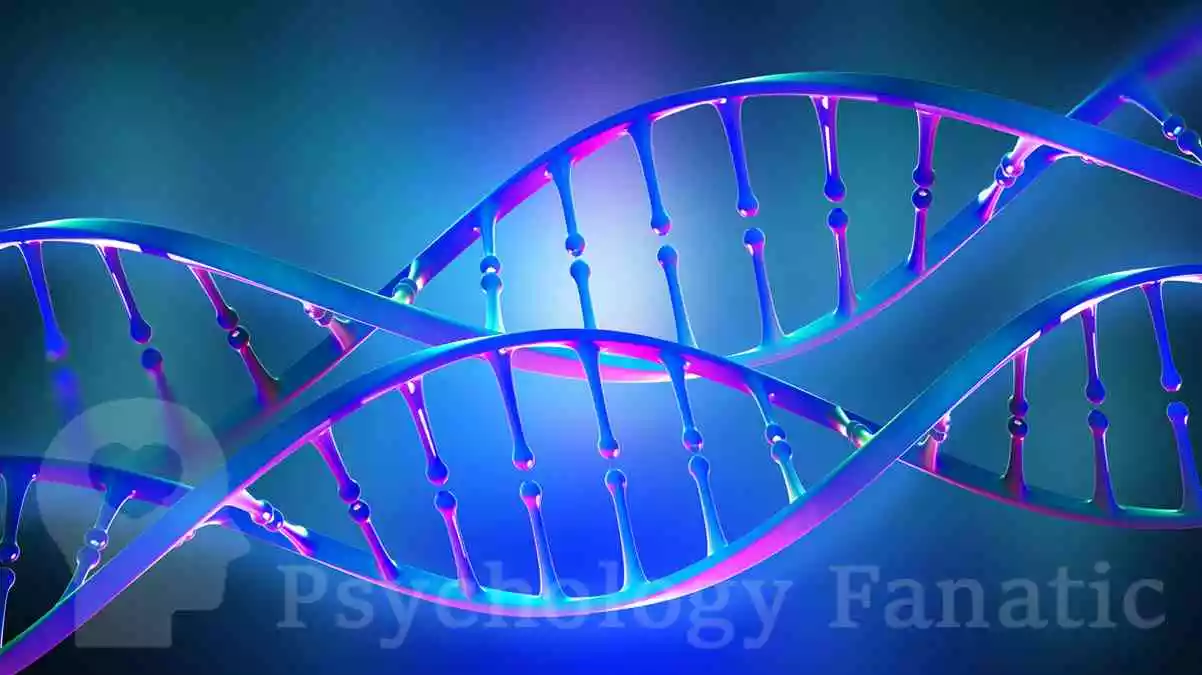Epigenetics is an emerging and truly fascinating field of science that has been gaining increasing attention in recent years. It delves into the study of changes in gene expression that are not caused by alterations in the DNA sequence itself, but rather by external or environmental factors. Consequently, our experiences, lifestyle, and surroundings could have a significant impact on how our genes are expressed, potentially influencing our health, behavior, and even the health of future generations.
The word “epigenetic” literally means “in addition to changes in genetic sequence.” The term epigenetics has evolved to include any process that alters gene activity without changing the DNA sequence, and may lead to modifications that can be transmitted to daughter cells.
Epigenetics studies the environmental impact on gene expression. Our DNA sequences do not unbudgingly create who we are. A gene is subject to external influences that may activate gene expression. This fascinating field of brain plasticity explains the variability in identical twin studies and provides hope for those desiring change.
Key Definition:
Epigenetics is the study of changes in gene expression or cellular phenotype that do not involve alterations to the underlying DNA sequence. Factors such as environmental conditions, lifestyle, and aging can influence various changes in gene expressions. Epigenetic mechanisms include DNA methylation, histone modification, and non-coding RNA regulation, all of which play crucial roles in regulating gene expression and cell function. This field has significant implications for understanding development, disease susceptibility, and potential therapeutic interventions.
Epigenetics and Gene Expression
Each gene specifies the production of a specific form type of protein. Genes must be activated for the the protein to be produced and deactivated to stop producing it. Genes can be turned on and off. Protein production is essential for the creation of structural changes in the brain, allowing neurons, for example, to form new synaptic linkages or strengthen existing connections.
Daniel Siegel, MD, Clinical Professor of Psychiatry at the School of Medicine of the University of California, Los Angeles, writes:
Each cell in our body contains the same library of genes. We biologically inherit these genes from our parents. The pattern of activation of genes, however, varies.
A landmark study by Meaney and colleagues theorized that “early experience permanently alters behavior and physiology. These effects are, in part, mediated by sustained alterations in gene expression in selected brain regions” (2005). What this means is that various stimuli from our internal and external environment can initiate biochemical processes that either activate or silence our genes.
Epidemiological studies examine the importance of family function and early life events as predictors of health in adulthood. These early environmental exposures, whether harsh or kind, influence the activation of genes and the production of proteins. Robert M. Sapolsky Ph.D., professor of biology and neurology at Stanford University, explains that research shows that “mothering style altered the on/off switch in a gene relevant to the brain’s stress response.” Sapolsky continues, “stimulating environments, harsh parents, good neighborhoods, uninspiring teachers, optimal diets—all alter genes in the brain ” (2018).
Epigenetics and Adaptation
Developmental plasticity, altered gene expression, allows for a structural adaptation to environmental stresses. Epigenetics is our innate ability to modify developmental biological inheritances to fit environmental conditions.
We May Pass on Epigenetic Changes
Amazing and frightening is the stubbornness of epigenetic changes. Changes in gene expression may remain unchanged and even passed on to “the next generation by way of the alterations of epigenetic regulatory molecules in the sperm or egg” (Siegel, 2020, location 725). Alexandre Champroux and colleagues wrote that “an emerging body of compelling data suggests that environmental exposures and paternal lifestyle can change the sperm epigenome and, consequently, may affect both the embryonic development program and the health of future generations” (2018).
Severe trauma has intergenerational consequences. We must consider the transmission of stress related hormone production, not only in those exposed but in their children. Scientists have discovered heightened stress related diseases in children of holocaust survivors. Markedly, these discoveries point to concern over lingering harm caused to previous generations and how this impacts their offspring.
A Few Closing Remarks on Epigenetics by Psychology Fanatic
As we continue to explore and unravel the complexities of epigenetics, it becomes increasingly evident that our development and well-being are not solely determined by the genetic information passed down from our ancestors. Consequently, the interplay between our genetic makeup and the environment in which we live has profound implications for our understanding of human development and health.
As we let these latest discoveries in epigenetics sink into our minds, we can better appreciate the intricate and diverse influences that shape each person’s unique genetic and epigenetic landscape. A myriad of factors, including our genetic predispositions and the environmental circumstances in which we find ourselves forms our judgments of good and evil, right and wrong. Accordingly, understanding the potential impact of epigenetics on our perspectives and predispositions can reshape our outlook and prompt us to approach the complexities of human behavior and experience with greater empathy and humility.
References:
Champroux, A., Cocquet, J., Henry-Berger, J., Drevet, J., & Kocer, A. (2018). A Decade of Exploring the Mammalian Sperm Epigenome: Paternal Epigenetic and Transgenerational Inheritance. Frontiers in Cell and Developmental Biology, 6,
Meaney, M., & Szyf, M. (2005). Environmental programming of stress responses through DNA methylation: life at the interface between a dynamic environment and a fixed genome. Dialogues in Clinical Neuroscience, 7(2), 103-123.
Sapolsky, Robert M. (2018). Behave: The Biology of Humans at Our Best and Worst. Penguin Books; Illustrated edition
Siegel, Daniel (2020) The Developing Mind, Third Edition: How Relationships and the Brain Interact to Shape Who We Are. Third Edition. The Guilford Press.
Resources and Articles
Please visit Psychology Fanatic’s vast selection of articles, definitions and database of referenced books.
Topic Specific Databases:
PSYCHOLOGY – EMOTIONS – RELATIONSHIPS – WELLNESS – PSYCHOLOGY TOPICS






